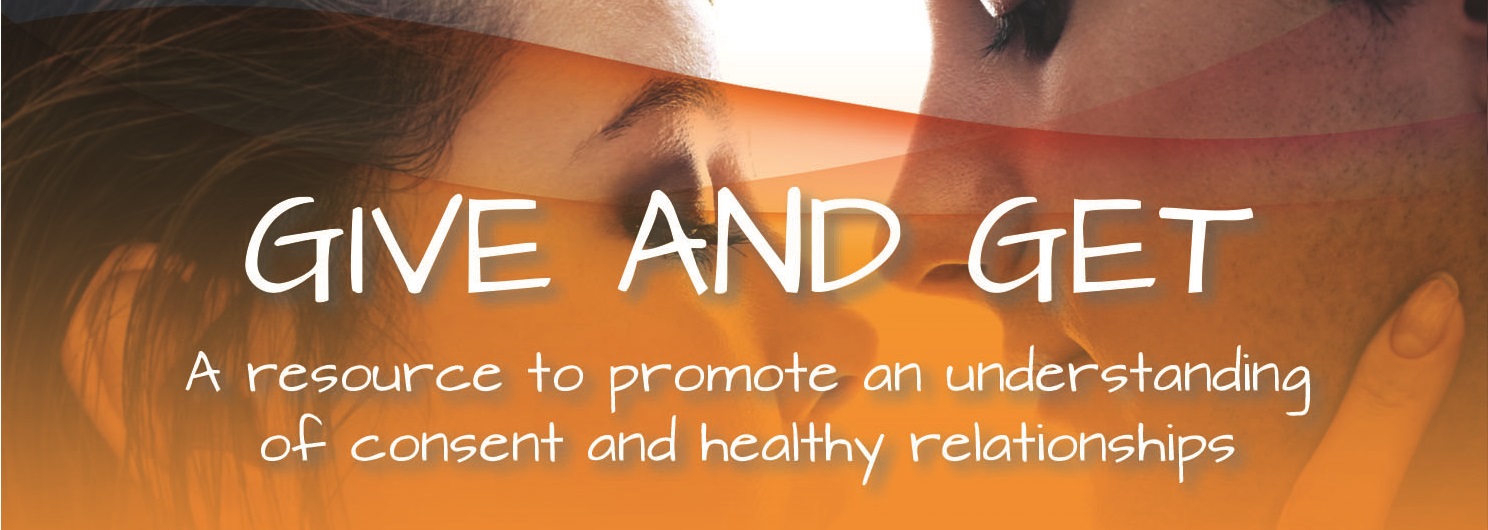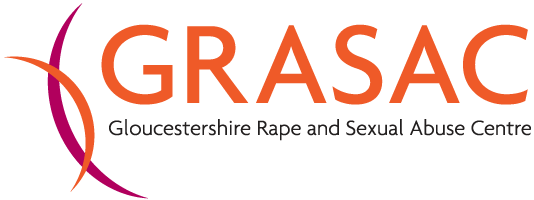Give and Get

About
This resource for schools has been written by Gloucestershire Healthy Living and Learning (GHLL) in partnership with the Education and learning Sub group of the Gloucestershire Safeguarding Children Board (GSCB). It follows on from the Teenage Relationship Abuse teaching pack and is designed to answer additional questions regarding consent. The issues addressed in both of the resources are difficult but the lessons tackle them in a sensitive and thought provoking way, leading to debate and further understanding of what makes a healthy relationship.
There is much work going on throughout the county for professionals on Child Sexual Exploitation, Domestic Abuse issues surrounding Honour Based Violence. It is important that we provide a resource for young people to recognise when a relationship that they are a part of might not be as safe as they first thought and to provide them with information in order to keep themselves safe.
There are very recent changes in the law and now those between 16 and 18 can be victims of Domestic Abuse in their own right. The New Serious Crimes Bill also considers coercive control as an abusive category; police are looking at how to record what we mean by consent in criminal cases. These are important issues which young people are keen to discuss.
Curriculum lessons such as these not only help young people to understand and discuss difficult issues, they also enable the school to pick up individual concerns from young people and help those who might find themselves in an abusive relationship as early as possible. This forms part of the school’s offer of early help under safeguarding and so is in line with the requirements under the new Government Guidance Keeping Children Safe in Education 2014.
Why Teach About Consent?
Teaching young people about consent is vitally important. Young people need to have both the confidence and skills to say clearly what they do and don’t want even in an romantic or emotionally charged situation. It is advisable that this suite of lessons should be taught within a planned , progressive PSHE/SRE curriculum that matches the needs of the young people concerned. It is essential that the teacher delivering the lessons is a trained specialist who feels comfortable with the subject matter and who can make themselves available to students who want to ask questions or who need more support.
A survey of young people conducted by the sex education forum, has found that almost one in three young people say they did not learn about consent at school. We know from the 2014 Gloucestershire Online Pupil Survey that only half of teenagers feel that their sex and relationship education is meeting their needs and a third of them feel that they would like more knowledge and support in managing relationships. We also know that as our young people grow up they feel less confident about the future; especially our young women (only a third of year 12 girls feel confident about the future) and this may be reflected in how they manage their intimate relationships too.
It’s important that young people can take responsibility for consent, that they understand that its not just about ‘words’, but also body language and capacity and that they are able to explore what ‘yes’ and ‘no’ do and don’t look like. We hope that teaching about consent will give them practice at this and help to give them the confidence to have a conversation when appropriate.
Tagged under: consent, healthy relationships, Key Stage 4, Key Stage 3, respect, sex, sexual assault, STIs, contraception
Was the information on this page helpful? 




